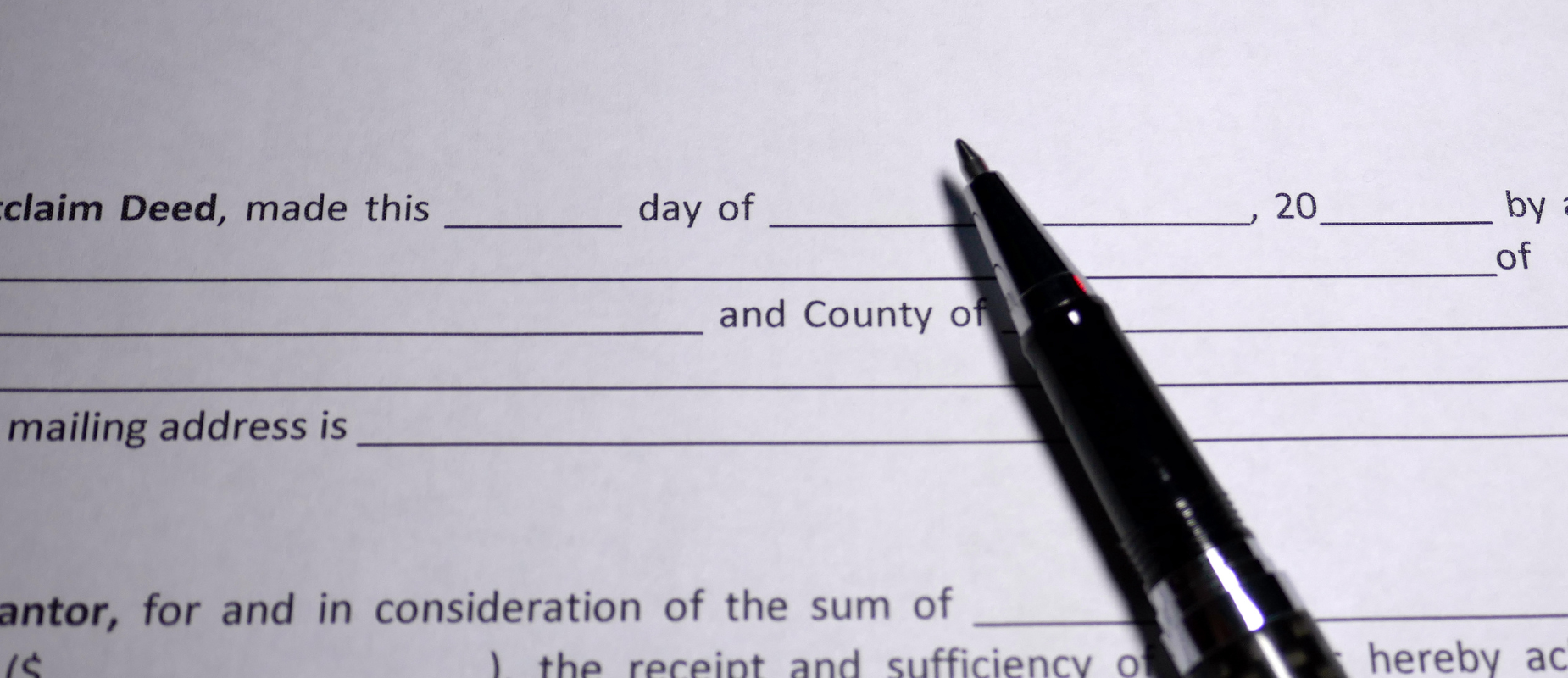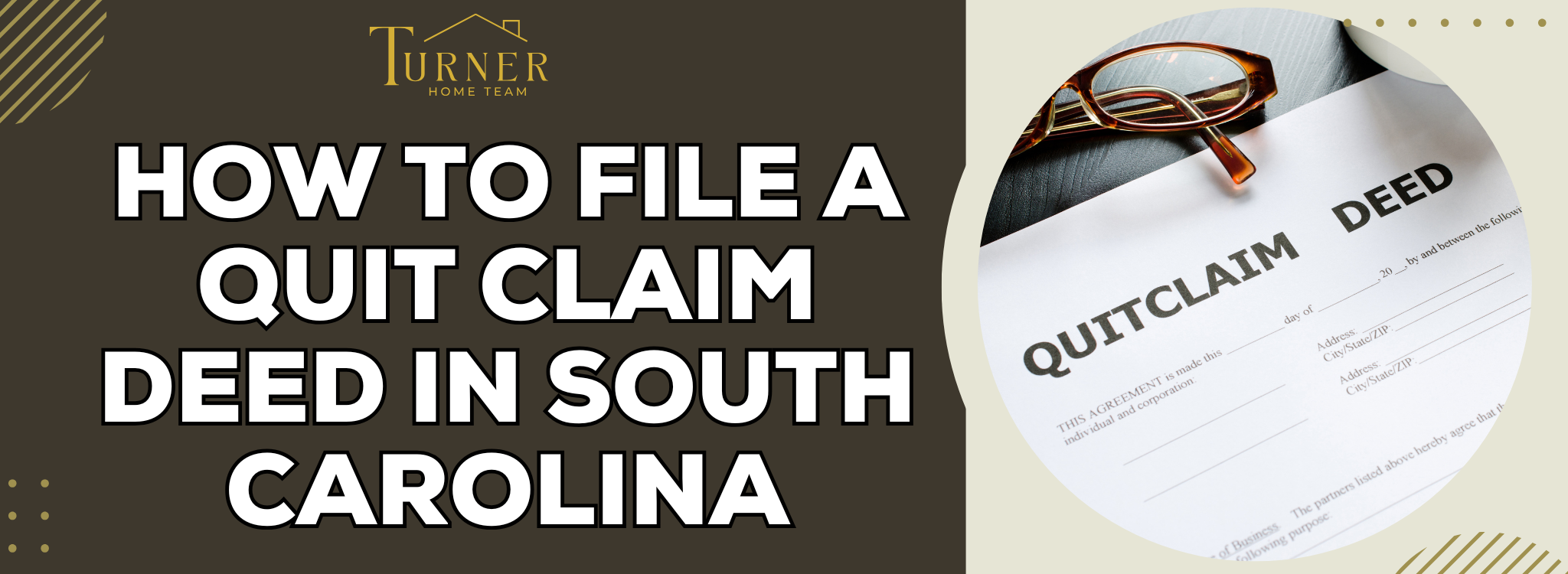
South Carolina Quitclaim Deed Overview
What is a Quitclaim Deed in South Carolina?
A quitclaim deed in South Carolina is a legal document used to transfer property ownership between parties. Unlike warranty deeds, it doesn’t guarantee the title’s validity. It’s typically used among family members or to resolve title issues. The process involves signing the document and ensuring it accurately reflects property details for a successful transfer.
Why Use a Quitclaim Deed for Property Transfer?
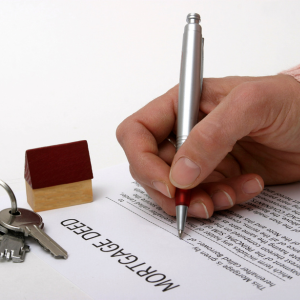
A quitclaim deed is often used for property transfers in South Carolina when transactions are straightforward. It’s common in situations with little concern about the property’s history. Examples include transferring ownership between spouses, adding or removing a name from a title, or gifting property. This deed provides a quick way to change ownership records of real estate.
Key Elements of a Quitclaim Deed Form
A quitclaim deed form in South Carolina must meet certain legal requirements to be valid. Key elements include:
- Grantor and Grantee Details: Include names and marital status if applicable.
- Property Description: Provide a clear description, referencing a plat book or public record.
- Consideration: State what the grantee gives the grantor in exchange for the property.
- Legal Language: Use standard phrases to transfer property rights legally.
- Signatures and Notarization: Both parties must sign, and the deed needs notarization.
Steps to File a Quitclaim Deed in South Carolina
How Do You Prepare a Quitclaim Deed Form?
To prepare a quitclaim deed form in South Carolina, follow these steps:

- Obtain the Form: Get a form specific to South Carolina.
- Fill Out Grantor and Grantee Information: Include complete names and addresses.
- Describe the Property: Use the legal description from the current deed.
- Detail the Consideration: Note any amount paid for the transfer.
- Sign and Notarize the Document: Both parties sign before a notary.
What Are the Legal Requirements for Filing?
Filing a quitclaim deed in South Carolina requires several legal steps:
- Proper Execution: The deed must be signed by the grantor and notarized.
- Recording: Submit the deed to the county Register of Deeds where the property is located.
- Filing Fee: Pay the recording fee, which varies by county.
- Compliance with State Statutes: Ensure the deed follows South Carolina state laws.
These steps help ensure the property transfer is legally recognized, protecting both parties.
Filing Process for Quitclaim Deed in South Carolina
If you know the steps, filing a quitclaim deed in South Carolina is simple. Here’s a guide to help you through the process smoothly.
Where to File a Quitclaim Deed in South Carolina?
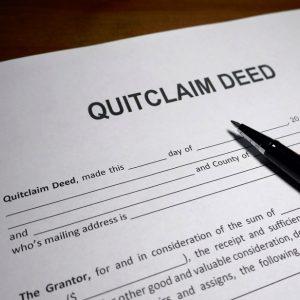
To file a quitclaim deed, go to the county where the property is located. Find the South Carolina deed filing office there. The county recorder or clerk’s office handles all deed registrations. Have all your documents ready when you submit your quitclaim deed.
What Fees Are Associated with Filing?
Understanding the costs involved in transferring property is critical. In South Carolina, the filing fees for a quitclaim deed vary by county. Besides the standard recording fee, you might face additional costs related to the deed transfer and getting official SC deed forms. To avoid surprises, check with the county recorder’s office for exact filing fees.
How Long Does the Filing Process Take?
The time it takes to record a deed in South Carolina can vary. Usually, after you submit it to the county recorder, the file processing time for a title transfer is several weeks. This duration can change based on the county and how busy they are. Stay informed about the SC title transfer steps by asking the county recorder’s office.
Understanding the Legal Implications
Knowing the legal implications of a quitclaim deed in South Carolina is essential. This type of deed includes specific legal considerations and restrictions.
What Are the Legal Implications of Using a Quitclaim Deed?

A quitclaim deed conveys property ownership without warranties. This means there are no assurances, which can result in limitations such as asset transfer concerns and ownership disputes. Be aware of these limitations in quitclaim deeds to comprehend the dangers better. Seeking legal assistance may provide more information about South Carolina property transfer laws.
Can a Quitclaim Deed Be Challenged in South Carolina?
A quitclaim deed can be challenged in South Carolina under specific circumstances. Problems such as title disputes or uncertain property ownership can result in legal action. Understanding these obstacles and seeking competent guidance might help avoid complications during property ownership transfers.
Practical Tips for Filing a Quitclaim Deed
Transferring property ownership in South Carolina with a quitclaim deed involves several steps. Here are some practical tips to help you through the process.
What Documents Do You Need to Gather Before Filing?
Before you file a quitclaim deed, make sure you have all the needed documents:
- Quitclaim Deed SC Checklist: Check that your quitclaim deed includes all required details.
- SC Property Deed Transfer Process: Learn how to transfer a property deed in South Carolina.
- Real Estate Deed SC: Fill out the deed correctly to avoid any hold-ups.
- Quitclaim Deed Instructions SC: Follow clear instructions to properly draft and complete the deed.
Are There Specific County Requirements in South Carolina?

Each county in South Carolina may have unique rules for quitclaim deeds. Here’s what to know:
- South Carolina County Recorder: Find the right county recorder’s office where you should file the deed.
- SC Deed Filing Process: Learn the filing process for your county.
- Where to Send Quitclaim Deed SC: Confirm the address to send your deed.
- Specifics of SC Deed Forms: Make sure you use the correct forms for your county.
How to Correct Errors in a Filed Quitclaim Deed
Mistakes can happen with quitclaim deeds. Here’s how to fix them:
- Quitclaim Deed Correction SC: If there is an error, know how to correct it.
- SC Property Record Update: Make sure updates to property records are done quickly.
- Correcting SC Quitclaim Deed Errors: Follow the steps to correct errors.
- Deed Registration South Carolina: Ensure the corrected deed is registered properly.
Notarization and Witness Requirements
Notarization and witness signatures are important for a valid quitclaim deed in South Carolina.
Is Notarization Required for a Quitclaim Deed?
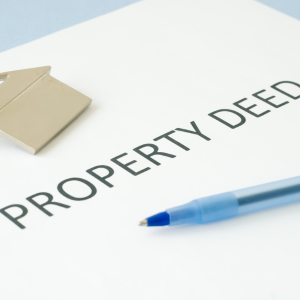
Yes, notarization is needed for a quitclaim deed in South Carolina:
- South Carolina Notary Laws: Know the laws about notaries in South Carolina.
- SC Quitclaim Deed Notarization: Ensure a licensed notary public notarizes the deed.
- Notary Public for SC Deeds: Check the notary’s credentials to avoid legal issues.
How Many Witnesses Are Necessary in South Carolina?
For a quitclaim deed to be valid in South Carolina, certain witness requirements must be met:
- Witness Requirements SC: South Carolina law requires witnesses to sign deeds.
- Two Witnesses for Quitclaim Deed SC: At least two witnesses must sign the deed.
- Signing Process SC Quitclaim: All parties should sign the deed before the notary and witnesses.
Following these steps will help ensure a smooth and legal property transfer. For more help, contact Turner Home Team for expert real estate guidance.
Comparing Quitclaim and Warranty Deeds
What Is the Difference Between Quitclaim and Warranty Deeds?
Both a quitclaim deed and a warranty deed play important roles in real estate transfers, although they serve distinct purposes. A quitclaim deed transmits the grantor’s interest in a property but does not ensure the title’s validity. It is commonly used in non-sales transactions, such as transferring property to family members.
A warranty deed ensures the grantor’s clear title and legal ability to sell the property. This gives the buyer more protection against future claims of property ownership. A warranty deed is recommended during a typical transaction to provide additional protection in property ownership.
When Should You Choose a Quitclaim Over a Warranty Deed?
The choice between a quitclaim deed and a warranty deed depends on your South Carolina property transfer circumstances. A quitclaim deed is useful for transferring property among family members or settling title issues. However, for most property sales, a warranty deed is preferable due to its legal protections.
In South Carolina, a quitclaim document is also commonly used for property conveyance during divorce proceedings. Consider how much risk you can accept while deciding between these possibilities.
Common Mistakes to Avoid When Filing
How to Avoid Common Pitfalls in Filing a Quitclaim Deed?
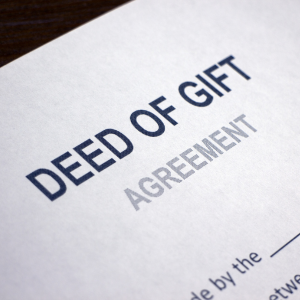
Filing a quitclaim deed needs careful attention to meet South Carolina deed requirements. Follow these tips to avoid common deed mistakes:
- Make sure all parties involved sign the deed.
- Fill out the deed form with accurate legal descriptions.
- Have the deed notarized to prevent invalidation.
- Submit the deed promptly to the county office.
These steps help simplify the filing process and ensure it meets local regulations.
What Happens if a Deed Is Not Properly Recorded?
Improper recording of a deed might lead to legal issues in South Carolina. An unrecorded quitclaim deed might make it difficult to prove ownership. It can also generate problems for future property transactions because official documents will not reflect the change in ownership. Keeping property records current is critical for protecting property rights and ensuring legal recognition.
Turner Home Team may provide additional information on property deeds and other real estate problems. We are committed to helping you successfully manage these complex processes.
Post-Filing Considerations
What Happens After Filing a Quitclaim Deed?
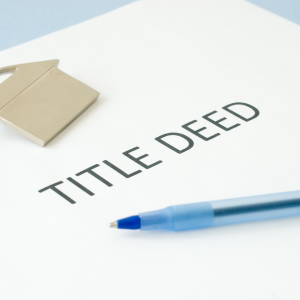
After you submit your quitclaim deed in South Carolina, you’ll need to make sure the SC property record is updated. This means registering the deed in South Carolina’s records and completing the property transfer form. The local county office usually handles this and will confirm when the filing is done.
How to Verify That Your Quitclaim Deed Is Recorded?
Contact the South Carolina County Recorder’s office to check if your deed recording in South Carolina is complete. They keep updated records of your title transfer. Ensure your quitclaim deed document is recorded by confirming that the property record update is processed. You can check these records online or visit the county office in person.
Additional Resources for Property Transfers
Knowing the South Carolina quitclaim deed law is important for smooth property transfers. Learn about South Carolina property laws and refer to SC-specific quitclaim deed instructions. Look into resources related to real estate deeds in South Carolina for more help.
Where Can You Find More Information on South Carolina Property Laws?
Check out SC real estate law resources for more information on South Carolina real estate and property ownership transfer. Hiring a lawyer for a quitclaim deed in SC can give you personalized help tailored to your situation. Legal experts can explain how property laws affect you.
Are There Online Tools to Help Prepare a Quitclaim Deed?
Online tools are available to help prepare a quitclaim deed in South Carolina. To make preparation easier, look for a quitclaim deed form specific to South Carolina. Use online sites to get SC deed forms and follow a quitclaim deed checklist to finish all steps efficiently.
If you want to sell a house in South Carolina, this guide has valuable insights to help you navigate the process smoothly. Whether in Florence, Myrtle Beach, Conway, Socastee, or any nearby area, the tips and strategies shared here are designed to make your experience easier. At Turner Home Team, we specialize in helping homeowners sell quickly and hassle-free. If you need personalized assistance or have specific questions, don’t hesitate to Contact Us at (252) 525-4780. We’re here to help every step of the way!
Get Your Offer Now!
START HERE: We buy properties in ANY CONDITION.

